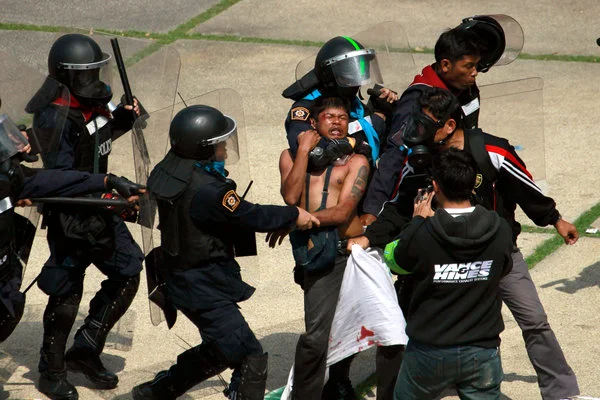International Studies Association 2017 meeting
FD73: Elections and Contentious Politics
When: Friday, February 24, 4:00 PM - 5:45 PM
Where: Hopkins, Hilton Baltimore
About this ISA Panel
Title: Elections and Contentious Politics
Sponsored By
Chairs and Discussants
- Chair: David E. Cunningham (University of Maryland)
- Discussant: Ursula Daxecker (University of Amsterdam)
Papers
Electoral Integrity and Contentious Elections
- Author: Pippa Norris (Harvard)
Covering the campaign: Automated Extraction of Election Events in 2014 South Africa
- Author: Danielle Jung (Emory University)
- Author: Emily Beaulieu (University of Kentucky)
- Author: Aila M. Matanock (University of California, Berkeley)
Elections and the Development of Civil War: Evidence from Sri Lanka
- Author: Yu Wang (University of Nottingham Ningbo China)
- Author: Chenbo Yang (Chinese University of Hong Kong)
- Author: Erin McGrath (University of Maryland College Park)
- Author: Eric Dunford (University of Maryland)
- Author: David Backer (University of Maryland)
- Author: David E. Cunningham (University of Maryland)
Abstract and Keywords
Most countries in the world hold elections. In many developing countries that are transitioning to democracy, elections are often associated with unrest, including protest, terrorism, and violent conflict. Yet other elections proceed remarkably peacefully. This panel presents five papers that use new data and methodological techniques to examine the relationship between elections and contentious politics. The first paper examines the determinants of contentious elections broadly, presenting a broad theoretical framework and analyzing specific aspects of this framework empirically. The second paper uses machine learning to develop better measures of election events derived from both traditional media sources and social media posts. The third paper uses twitter data to develop a measure of election-related grievance, and examines the relationship between this grievance and different types of conflict events using new integrated data from four events datasets. The fourth paper examines how provisions in peace agreements related to rebel participation in elections affect the level of electoral violence following civil conflict. The final paper examines whether a newly developed localized measure of election fraud can predict post-electoral protest. Taken together, the papers analyze the relation between elections and contention using a range of innovative techniques and across a number of different contexts.
Civil War; Elections; Protests; Social Media

